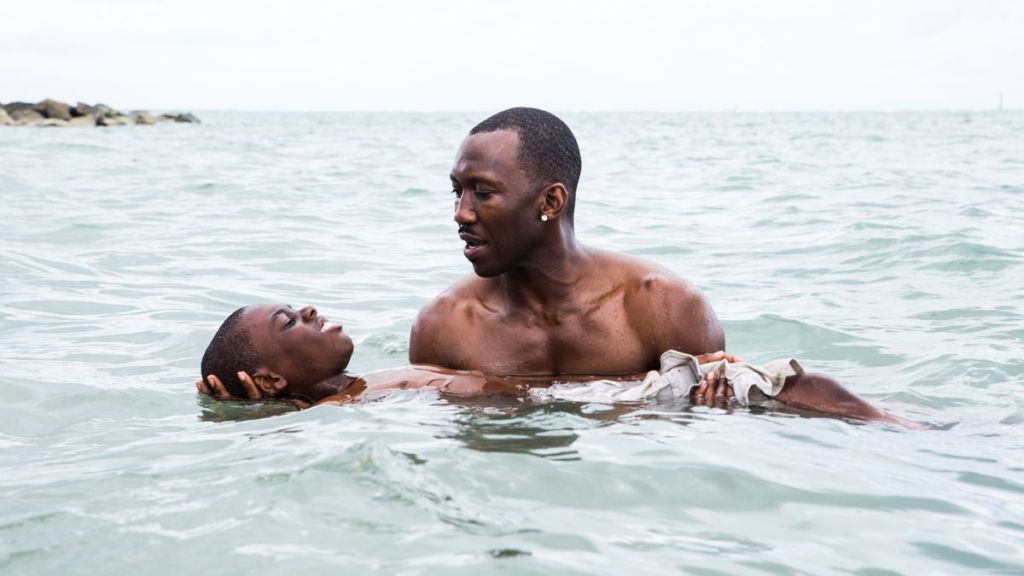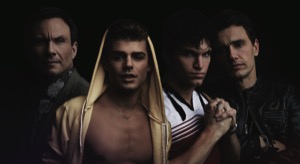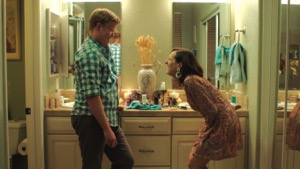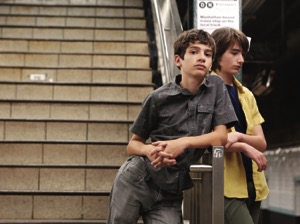‘Moonlight’ is a movie that matters

Moonlight is a triptych about growing up black, gay and poor. When he is nine or 10 he is called Little, he was just that, smaller than all of the other kids his age. They pick on him mercilessly, and he is terrified enough to lock himself in a crack house, where he is found by a man named Juan who deals crack but is the closest thing he will ever have to a father. When he is 16 or 17 he is Chiron, his given name, he is gangly and tall, and he is both meek and angry, at his mother who is addicted to crack and at the boys at school who have graduated from brats to bullies. When he is in his 20s, finally he is Black, his exterior hardened by muscle and by jail and the streets and by making his living doing what Juan did. But he is still Little and still Chiron, his mother’s wounds always, already fresh, and he is still haunted by the friendship he had with the one boy who – mostly – treated him with kindness, as someone worthy of love.
The film is artful, literary, gorgeous, upsetting, moving and loving. Barry Jenkins, currently being feted by film critics around the world, has made a movie that is reminiscent at times of Boyhood, Pariah, Beautiful Thing and Boys in the Hood, and yet is wholly original. The immediately striking thing about Moonlight is how gorgeously filmed it is, with Jenkins and cinematographer James Laxton using dawn, dusk, the searing midday sun of south Florida, and, of course, the grace of moonlight in compositions that are sometimes marked by hand-held naturalism and sometimes crafted like the photos of Gordon Parks, Mary-Ellen Mark and Jamel Shabazz. If it was just the imagery, Moonlight would be great, but Jenkins’s script, from a story by Tarell McCraney, structured both perfectly and schematically, is just as beautiful and skillful, creating indelible characters with economical, sometimes poetic lines, aging and maturing Chiron, his mother and his friend Kevin with strategic precision and overflowing empathy.
And then there’s the acting. Alex R. Hibbert plays Little, terrified, needy and sweet; he’s so believable, this third can feel like documentary. Chiron is played by preternaturally gifted Ashton Sanders, whose awkwardness, sadness and fury are both the literal and actual center of the film. Finally, Trevante Rhodes is Black. Rhodes looks like some sort of cross between 50 Cent and Tyson Beckford, and that bulk and beauty is perhaps too much of a transformation, but Rhodes shows the cracks in the perfect sculpture through the subtlest change in his eyes, from a confrontation with his mother to an at-long-last meeting with Kevin, now played by jokey, confident, sexy André Holland. Naomie Harris has an epic transformation as Chiron’s mother, and her talent and Jenkins’ direction prevent her from becoming the cartoon that Monique, in a similar but more explosive role, was in Precious. Meanwhile, the immensely charismatic and beautifully subtle Mahershala Ali plays the drug dealer with a heart of gold not as some societal oddity but as an everyman doing both the right thing and the things he needs to survive.
Moonlight is an important movie, and not only because critics have tapped it to win Oscars, but because it’s deeply affecting. It matters. At the late, Tuesday night showing of when I saw it, the theater was packed with one of the most diverse audiences I’ve ever been part of. All of the people were there to see a movie about growing up gay and African American, about masculinity and poverty, about redemption. Many people were there because of Moonlight’s awards buzz, and I’m thrilled that their minds and hearts will be expanded by the experience. But most were there because it was what they wanted and what they needed to see, because it was their story or similar to their story: as gay, or black, or poor, or all three. Seeing this – seeing us, with us writ large – reflected on the screen is rare, and it’s especially rare for the reflection to be so aesthetically rich and so emotionally resonant.
Moonlight
Written and Directed by Barry Jenkins
Starring Trevante Rhodes, Naomi Harris and Mahershala Ali
Rated R
Originally published in somewhat different form in LGBT Weekly




